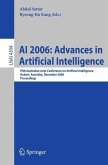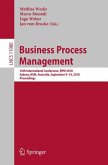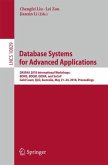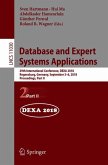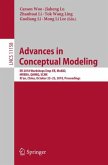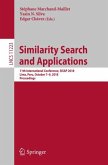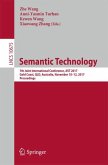Iusethetermlogicalandrelationallearning torefertothesub?eldofarti?cial intelligence,machinelearninganddataminingthatisconcernedwithlearning in expressive logical or relational representations. It is the union of inductive logic programming, (statistical) relational learning and multi-relational data mining, which all have contributed techniques for learning from data in re- tional form. Even though some early contributions to logical and relational learning are about forty years old now, it was only with the advent of - ductive logic programming in the early 1990s that the ?eld became popular. Whereas initial work was often concerned with logical (or logic programming) issues,thefocushasrapidlychangedtothediscoveryofnewandinterpretable knowledge from structured data, often in the form of rules, and soon imp- tant successes in applications in domains such as bio- and chemo-informatics and computational linguistics were realized. Today, the challenges and opp- tunities of dealing with structured data and knowledge have been taken up by the arti?cial intelligence community at large and form the motivation for a lot of ongoing research. Indeed, graph, network and multi-relational data mining are now popular themes in data mining, and statistical relational learning is receiving a lot of attention in the machine learning and uncertainty in art- cial intelligence communities. In addition, the range of tasks for which logical and relational techniques have been developed now covers almost all machine learning and data mining tasks.
From the reviews:
"This book is an invaluable resource for anyone interested in exploiting the power of logical representations to learn from highly structured data. The book offers a systematic and innovative view of this important and rapidly developing area, combining technical depth and breadth of coverage. In Bristol, we use De Raedt's book as textbook for MSc students and as a reference for PhD students and researchers." (Peter A. Flach, University of Bristol)
"This book provides comprehensive coverage of logical and relational learning, with an overview of inductive logic programming, multi-relational data mining, and statistical relational learning. ... The book is replete with examples, exercises, and case studies. The case studies use popular logical and relational systems and applications. The ample use of illustrations, tables, and bullet lists makes the book more readable and understandable. ... very useful to students, researchers, and practitioners in thefields of machine learning, automated knowledge discovery, data mining, and related fields." (Alexis Leon, ACM Computing Reviews, July, 2009)
"This book is an invaluable resource for anyone interested in exploiting the power of logical representations to learn from highly structured data. The book offers a systematic and innovative view of this important and rapidly developing area, combining technical depth and breadth of coverage. In Bristol, we use De Raedt's book as textbook for MSc students and as a reference for PhD students and researchers." (Peter A. Flach, University of Bristol)
"This book provides comprehensive coverage of logical and relational learning, with an overview of inductive logic programming, multi-relational data mining, and statistical relational learning. ... The book is replete with examples, exercises, and case studies. The case studies use popular logical and relational systems and applications. The ample use of illustrations, tables, and bullet lists makes the book more readable and understandable. ... very useful to students, researchers, and practitioners in thefields of machine learning, automated knowledge discovery, data mining, and related fields." (Alexis Leon, ACM Computing Reviews, July, 2009)


